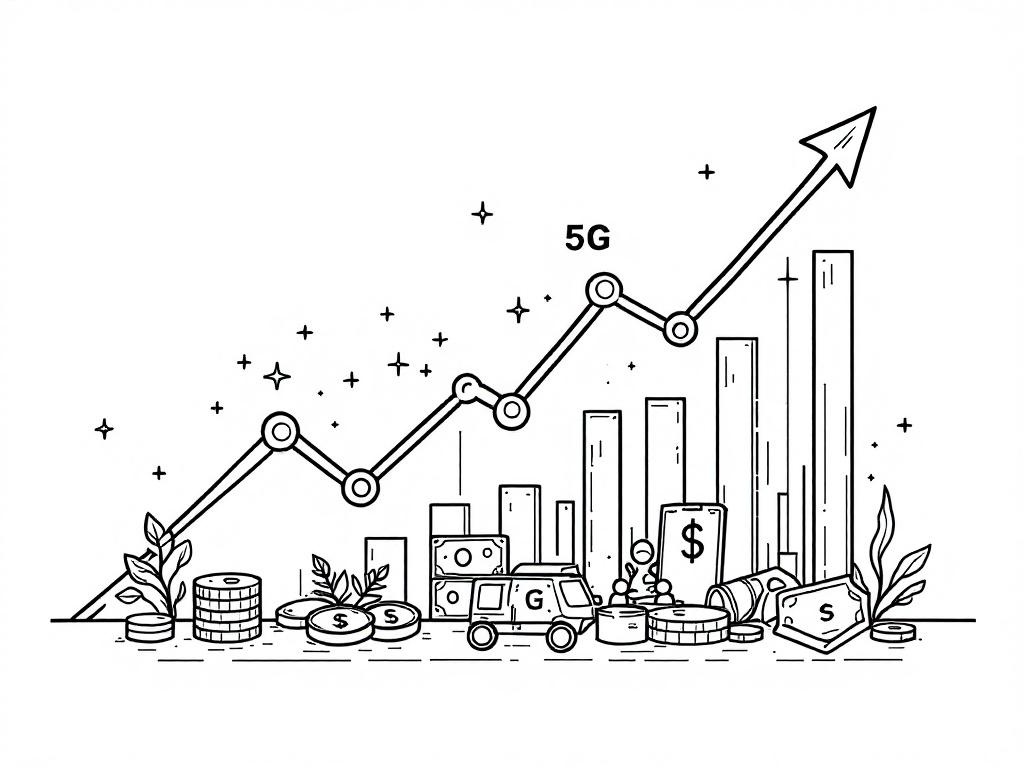5G Equipment Market Set for Explosive Growth to $139.78 Billion by 2032

New York, Monday, 1 September 2025.
The 5G equipment market is projected to reach $139.78 billion by 2032, driven by high-speed network expansion, mobile broadband, and IoT adoption, with a CAGR of 23.61%.
5G’s Role in Technological Advancements
The anticipated growth in the 5G equipment market reflects a powerful momentum towards enhancing global connectivity. Fueled by expansions in ultra-fast networks and increasing demands for mobile broadband, the adoption of Internet of Things (IoT) technologies is propelling the market at a significant pace. The wide-reaching implications of 5G technology encompass emergent fields such as smart cities, autonomous vehicles, and Industry 4.0 applications, highlighting the far-reaching impact of this technological revolution [1].
Economic Implications of 5G Expansion
The economic impact of expanding 5G infrastructure is profound, as evidenced by investment trends in the United States, where telecom operators, in 2024 alone, poured over USD 35 billion into 5G Ultra-Wideband coverage and small cell installations. This massive injection of capital is expected to grow the U.S. 5G equipment market from USD 5.15 billion in 2024 to an anticipated USD 29.18 billion by 2032, marking a substantial increase in both infrastructure and service capabilities [1]. The global 5G equipment market, valued at USD 25.72 billion in 2024, underscores the accelerated growth trajectory with forecasts predicting expansion to USD 139.78 billion by 2032 at a CAGR of 23.61% [1].
Driving Forces and Challenges
Key drivers behind the growth of the 5G market include the demand for ultra-fast, low-latency communication suited to support burgeoning IoT technologies and advanced digital services. Industry leaders such as Huawei, Ericsson, and Nokia are at the forefront, pushing the envelope in hardware and networking solutions. However, with this rapid expansion come challenges such as competitive market pressures and the need for continual innovation to maintain market leadership. The dynamics of technological adoption across different regions will play an influential role in determining the pace of market development [1].
Future Prospects and Innovations
Looking ahead, the evolution of 5G will continue to reshape the telecommunications landscape globally. Future innovations are anticipated to further enhance performance metrics through involving technologies such as Artificial Intelligence and advanced beamforming. This evolution not only offers enhanced connectivity but also promises significant economic opportunities through improved efficiencies, reduced operational costs, and enhanced customer experiences [2][3]. As companies continue to invest and innovate, the global expectancy is directed towards a fully interconnected world where 5G plays a central role in driving digital transformation [2].